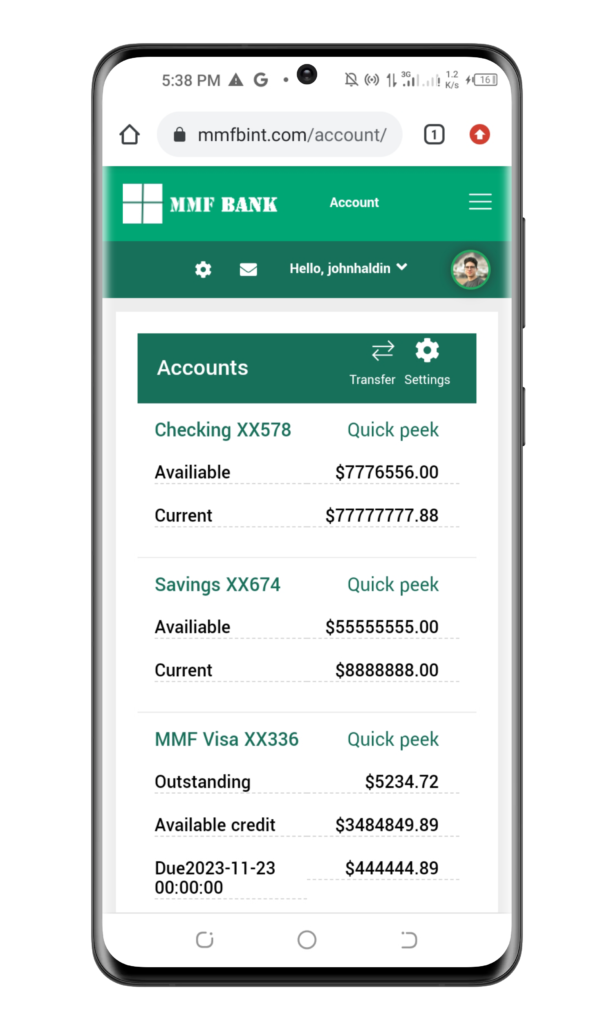Home improvement and car loan
Investing in your home and acquiring a reliable vehicle are significant milestones that often require financial considerations. This guide explores strategic approaches to financing home improvements and obtaining a car loan, empowering you to make informed decisions and enhance your lifestyle seamlessly.
Part 1: Financing Home Improvements
1. Define Your Home Improvement Goals:
Clearly outline your home improvement objectives. Whether it’s renovating the kitchen, adding an extra room, or enhancing energy efficiency, a well-defined plan helps determine the scope and budget of your project.
2. Assess Your Budget:
Evaluate your current financial situation and determine a realistic budget for your home improvement project. Consider factors such as available savings, expected costs, and potential financing options.
3. Explore Financing Options:
- Home Equity Loan: Tap into the equity of your home to secure a loan with a fixed interest rate, typically suitable for larger projects.
- Home Equity Line of Credit (HELOC): Similar to a credit card, a HELOC allows you to borrow against your home’s equity, offering flexibility in accessing funds as needed.
- Personal Loans: Unsecured personal loans may be suitable for smaller projects, offering fixed interest rates and a predetermined repayment schedule.
4. Research Interest Rates:
Investigate current interest rates for different financing options. Compare rates offered by banks, credit unions, and online lenders to secure the most favorable terms for your home improvement loan.
5. Loan Terms and Repayment Plans:
Understand the terms of the loan, including the repayment period and any associated fees. Choose a repayment plan that aligns with your financial goals and ensures comfortable monthly payments.
6. Leverage Government Programs:
Investigate government programs or incentives that support energy-efficient home improvements. Some initiatives offer financial assistance or tax benefits for projects that enhance your home’s sustainability.
7. Select Reputable Contractors:
Before finalizing financing, select reputable contractors for your home improvement project. Obtain detailed quotes, check references, and ensure that the scope of work aligns with your budget.
Part 2: Obtaining a Car Loan
1. Determine Your Budget:
Establish a clear budget for your car purchase. Consider factors such as the purchase price, down payment, and monthly payment affordability. This ensures that your car loan aligns with your financial capabilities.
2. Check Your Credit Score:
Review your credit score before applying for a car loan. A higher credit score often translates to more favorable interest rates. If your score needs improvement, consider taking steps to boost it before applying.
3. Explore Financing Options:
- Dealer Financing: Dealerships often offer financing options. While convenient, be mindful of interest rates and terms, and explore other options for comparison.
- Bank or Credit Union Loans: Secure pre-approval for an auto loan from your bank or credit union. This allows you to negotiate with dealerships from a position of financial strength.
4. Understand Interest Rates:
Different lenders may offer varying interest rates. Understand the annual percentage rate (APR) and the overall cost of the loan, including any additional fees or charges.
5. Loan Terms and Down Payment:
Evaluate the loan terms, including the duration and down payment requirements. While longer loan terms may result in lower monthly payments, they can also lead to higher overall interest costs.
6. Negotiate the Purchase Price:
Negotiate the purchase price of the car before discussing financing. A lower purchase price reduces the amount you need to borrow, potentially resulting in more favorable loan terms.
7. Review Loan Documents Thoroughly:
Before signing any loan agreements, carefully review all documents. Understand the terms, repayment schedule, and any penalties for early repayment or late payments.
8. Consider Additional Costs:
Factor in additional costs such as insurance, taxes, and registration fees when determining the overall affordability of the car loan.
Conclusion:
Navigating home improvement financing and obtaining a car loan involves thoughtful planning and consideration of various factors. By defining your goals, assessing your budget, exploring financing options, and understanding the terms and conditions, you position yourself to make informed decisions that enhance your lifestyle while maintaining financial stability. Remember, securing favorable loan terms is a crucial step toward achieving your desired home improvements and acquiring a reliable vehicle.







